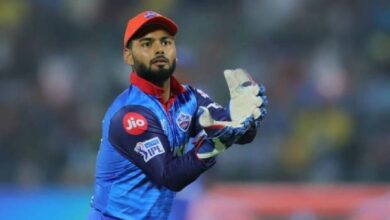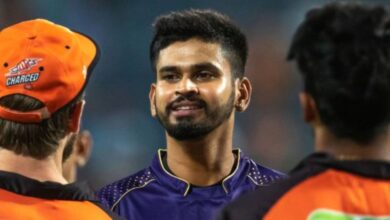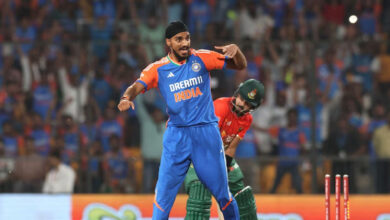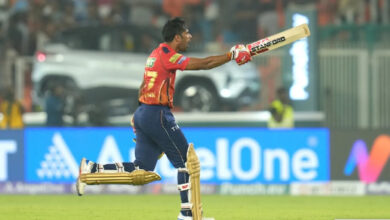Young Magnus Carlsen building large Lego sets made his father to teach him chess

In a sport teeming with teenage prodigies, Magnus Carlsen is one of the rare examples of a chess player who converted his early talent to become a world beater.
Tales abound of his incandescent talent after he emerged on the world stage: how he once held Garry Kasparov to a draw and took down GM Anatoly Karpov as a teenager even before he was a grandmaster or how, back in the day, he became the second-youngest GM in hory.
But his rise also holds lessons for the rest of the chess world — particularly for India, which has now seen an explosion of teenage grandmasters over the last decade or so — on how to nurture a teenage prodigy. As Magnus Carlsen’s father Henrik puts it simply, the secret is not to push the kids too much, and let them make their own life decisions.
On the sidelines of the Global Chess League, Henrik spoke to The Indian Express on the early steps of Magnus, how his rise changed the chess scene in Norway, and his own role in shaping his son’s career. Excerpts from an exclusive interview:
When was the first time you saw the spark in Magnus?
Magnus had an ability to focus and develop a deep interest in new topics and activities at a young age. The way he learned to do puzzles, geography and build large Lego sets at an early age made me think that chess might be something for him. The first time I had that thought was in the autumn the year he turned five. Teaching him and his ser chess, I underestimated how difficult chess is for young children and, amazingly, failed to see the real talent for a long time. It was only when he started working on chess himself at eight that I really understood that he might become very good.
Magnus Carlsen is one of the rare examples of a chess player who converted his early talent to become a world beater. (Play Magnus Group)
Thanks to Magnus’ success, chess is a massive deal in Norway, with tournaments even being broadcast on national TV. What was the chess scene in Norway back when Magnus started playing?
Chess has become more mainstream in Norway because of Magnus. But we had the unique talent of Simen Agdestein already in the 1980s. Agdestein reached 16th place in the world rankings, and his combination of being both a chess star and football star (playing eight games for the Norwegian national team) gave chess a lot of publicity that helped grow the interest in the game throughout the 1990s. Agdestein started a chess group at the local top athletes high school near Oslo, and when Magnus showed some talent he was invited to train at the school already at age nine.
We know that you quit your job as an engineer to travel with Magnus. What were the kind of sacrifices you had to make to get Magnus to where he is?
As a chess amateur myself I never considered supporting Magnus’ chess activities a sacrifice. Having a child who excels in your own hob was, and is, just a great experience! For the last 15 years, I have mainly worked for Magnus and his company, and it has been a privilege to pursue this career path.
You are someone who has helped a young prodigy like Magnus become a world No.1 and a world champion at a very young age. India has now produced a very talented crop of teenagers who are already in the top 100, and rising fast. What would your advice be to their parents?
I’m generally hesitant to give advice to other parents because young chess players are so different and need to be treated individually. And, Indian chess parents are clearly doing very well without my advice!
It is worth mentioning that chess is a highly demanding activity and parents should appreciate the efforts their children put in and the pressure they typically put onto themselves. I would also say that, in my experience, children should own both the development process and their results. For Magnus it was his own passion and interest that drove him to excel.







